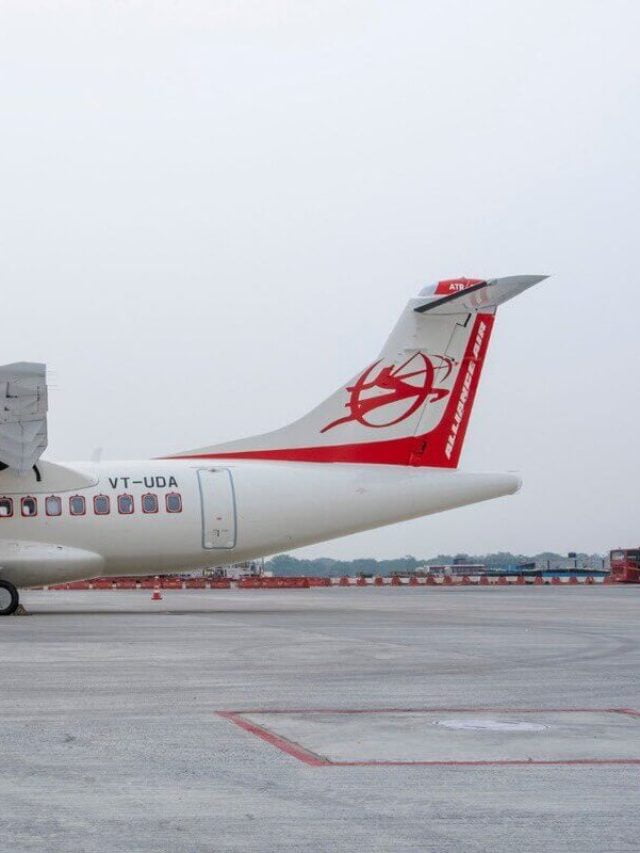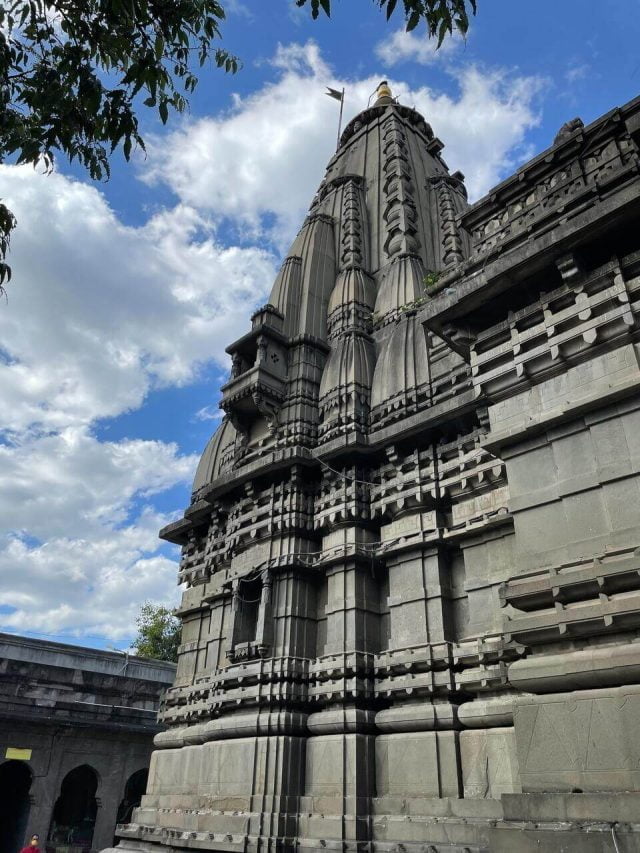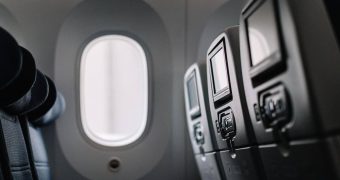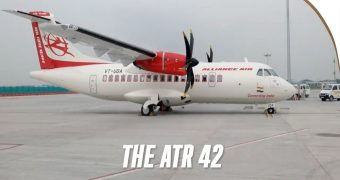The exit of Jet Airways from the aviation industry has left a void in the sector. The airline has abandoned its bilateral rights for various domestic destinations which has left the opportunity for other carriers to claim these bilateral rights. However, the operating airlines have been divided on this issue and there has been clash going on between the older carriers and the newer carriers regarding these rights. According to a new ET report, IndiGo, GoAir and SpiceJet had opposed the idea of allocating Jet’s international rights based on the airline’s domestic capacity, whereas Vistara had supported the move.

Vistara Gets Permission to Fly 28 International Flights Each Week
In a letter to the aviation ministry, Vistara CEO, Leslie Thng remarked, “We would… like to highlight that the entire process was highly efficient, open and transparent.” It is worth noting that courtesy of Jet’s flying rights, Vistara has got the permission to fly 28 flights to Singapore, Thailand and Dubai every week. IndiGo has bagged the largest number of 84 flights per week, whereas SpiceJet and GoAir have bagged 77 and 35 flights respectively. The three airlines, IndiGo, GoAir and SpiceJet have complained to the ministry and the PM’s office about the process which was followed to allocate these rights to the airlines.
Jet Airways Rights to be Allocated Again
On this matter, a government official has remarked that these rights have been allocated temporarily for now and now a committee will be formed which will look into the process followed for the allocation. After the formation of the committee, these rights are likely to be reallocated. The National Company Law Tribunal (NCLT) has also directed the ministry to preserve all the rights that Jet Airways owns till the time, a new owner is found for the airline. Another official remarked about the process saying that almost half of the rights were allocated to the national carrier, Air India, whereas almost 87% of the leftover rights were distributed amongst IndiGo, SpiceJet and GoAir.
As per the airlines including IndiGo, the companies wanted the rights to be allocated as per the rules described in Aeronautical Information Circular (AIC). According to the rules laid down in AIC, the rights would have to be allocated as per the domestic capacity, which would have meant 70% rights in favour of IndiGo – something that the government was wary of. Instead, airline representatives were asked to pick a chit and were given preference according to the number they got as well as their fleet induction plans. The airline officials said that the plan of reallocating the rights between the full-service and low-cost carriers will make sure that the Indian airlines stay competitive against the foreign airlines.











